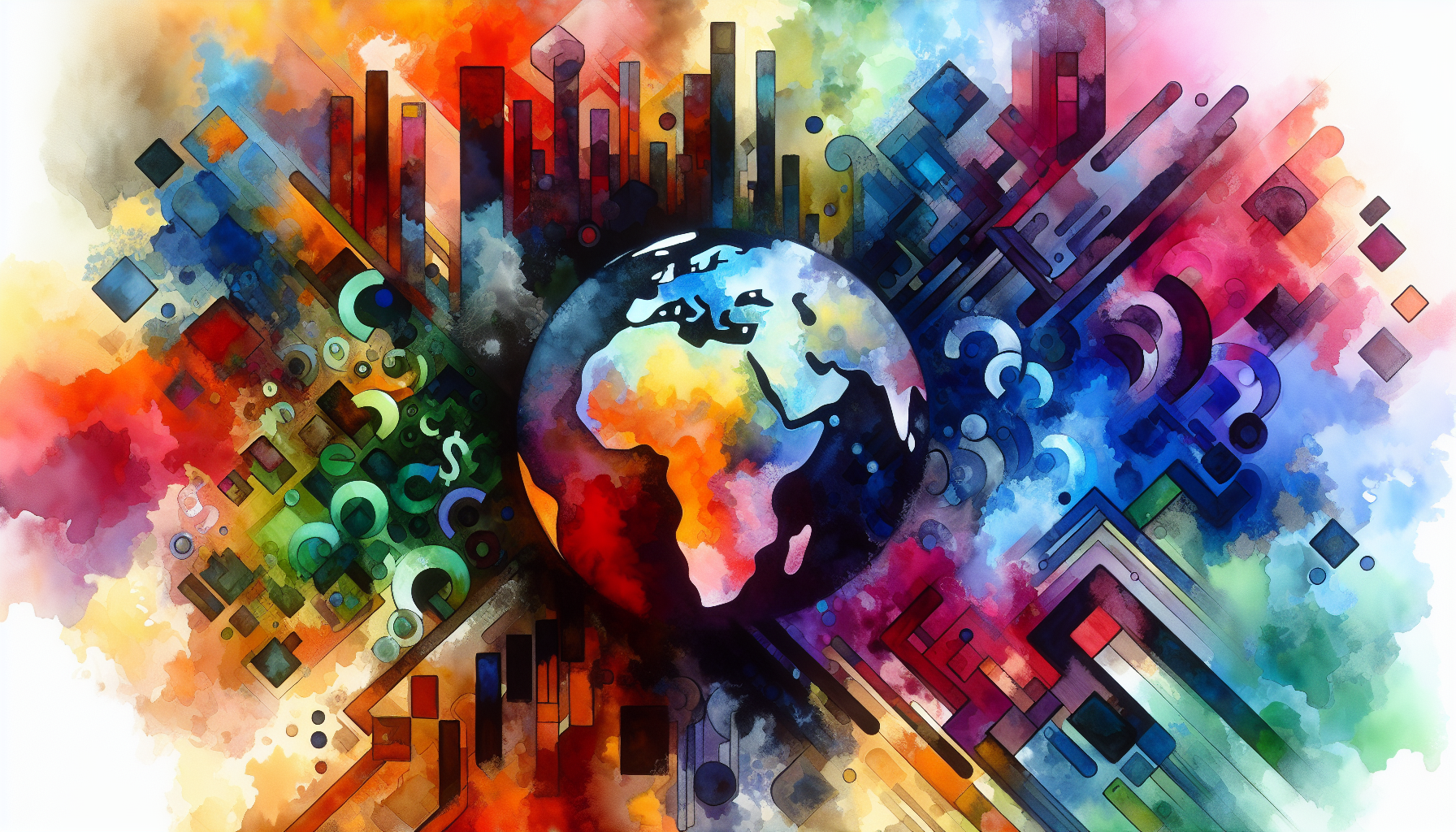Decoding the Economic Impact: How Tariffs Influence International Trade and Consumer Behavior
It’s a well-known fact that tariffs are a critical aspect of international trade and economics. They can shape the flow of goods and services between countries, impacting everything from the price consumers pay for imported products to the health of a nation’s industries. Today, we’ll delve into the intricate world of tariffs and their far-reaching effects, providing you with a comprehensive understanding of this vital economic tool.
Tariffs: A Brief Overview
Tariffs are essentially taxes imposed on imported goods and services.
They’re levied by governments to control the influx of overseas products, ensuring their domestic industries can compete.
Tariffs can be “ad valorem” (based on the value of goods) or “specific” (a fixed fee per unit).

By raising the costs of imported goods, tariffs encourage consumers to opt for local alternatives.
Impacts on Consumers
While tariffs might seem like a purely business matter, they can profoundly influence consumer behavior. With a high enough tariff, an imported product might become significantly more expensive than its domestic counterpart. This change can steer consumers towards local goods, even if they were initially less preferred due to various factors, such as quality or taste.
In the short term, tariffs can lead to higher prices for consumers, as they may have to pay more for products that cannot be substituted easily with local goods. However, in the long run, tariffs can spur domestic industries to enhance their quality and productivity, potentially leading to better, affordable products.
Effects on Domestic Industries
Tariffs serve as a protective shield for domestic industries.
By making foreign goods more expensive, they level the playing field and allow local businesses to compete.
This protection can help nurture budding industries that might have otherwise struggled against well-established foreign rivals.
Moreover, tariffs can play a significant role in preserving jobs in certain sectors.
For example, if a country’s textile industry is threatened by cheaper imports, imposing tariffs can help safeguard local jobs. However, it’s worth noting that while some jobs may be preserved, tariffs might also lead to increased costs and the loss of jobs in industries that rely on imported materials.
Influence on International Relations
Tariffs aren’t just an economic tool; they can also serve as a diplomatic weapon. Countries often use tariffs as a means of negotiation or to retaliate against perceived unfair trade practices. However, this can lead to a ‘tit-for-tat’ situation, commonly known as a trade war. While some might argue that such actions are necessary to protect national interests, others caution that they can lead to economic instability and strained diplomatic relationships.
The Balancing Act
The use of tariffs is a delicate balancing act that requires careful thought and strategy.
While they can protect domestic industries and jobs, tariffs can also lead to higher consumer prices and potential trade disputes. Therefore, governments must thoughtfully consider their implementation, keeping in mind the long-term implications for consumers, businesses, and diplomatic relationships.
The world of tariffs is a complex one, shaped by economic theories, political considerations, and real-world impacts. By understanding the nuances of tariffs and their influence on trade, you can better comprehend the global economic landscape and the factors shaping it.